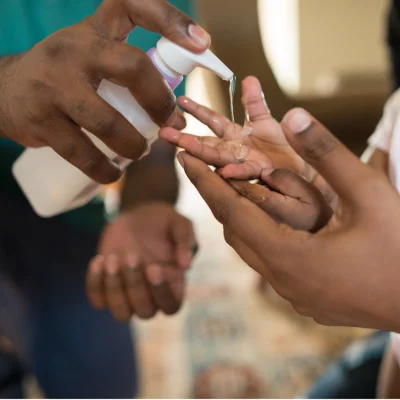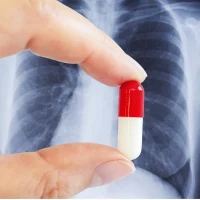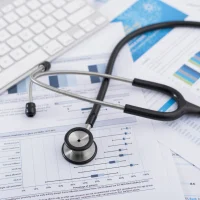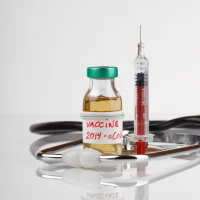There are now more than 10,000 confirmed COVID-19 cases in Africa with over 500 deaths. Due to the rapid spread of the virus over recent days, the World Health Organization (WHO) is concerned that the continent is facing massive escalation.
You may also like: Policy, Guidance and Recommendations for COVID-19 Decision-Making
When this happens, the consequences, for both healthcare and economy, are likely to be far worse than elsewhere. WHO is working with governments across Africa to scale up their capacities in critical response areas.
If you want to share your experience and perspective on COVID-19, please do.
Technically, the African continent had its first case in Egypt on 14 February, imported from Europe. However, within the WHO system, Africa is divided between two regional offices, and Egypt, together with Djibouti, Libya, Morocco, Somalia, Sudan and Tunisia, is covered by the WHO Regional Office for the Eastern Mediterranean. For the WHO Regional Office for Africa, which comprises 47 countries including Algeria and most of sub-Saharan Africa, the first case, also imported from Europe, was identified in Algeria on 25 February.
As of 8 April, infections have been reported in every
country but one, Lesotho. The
cases were initially confined to capital cities, but the situation is changing
with a significant number of countries in Africa are now reporting cases in
multiple provinces.
“COVID-19
has the potential not only to cause thousands of deaths, but to also unleash
economic and social devastation. Its spread beyond major cities means the
opening of a new front in our fight against this virus,” said Dr Matshidiso
Moeti, WHO Regional Director for Africa. In a comment
to The Guardian she has stressed the exponential increase in numbers. “It
took 16 days from the first confirmed case in the region to reach 100 cases. It
took a further 10 days to reach the first thousand. Three days after this,
there were 2,000 cases, and two days later we were at 3,000,” she said.
The WHO
is working with governments across Africa to ensure the rapid identification of
cases, tracking down and quarantining of contacts and isolation and treatment
of patients. Ghana, Kenya, Ethiopia, Egypt and Nigeria, among others, have decentralised
their national testing spreading it across multiple labs.
Other
important goals include provision of accurate information to public and protection
of health workers.
Dr Ahmed
Al-Mandhari, WHO Regional Director for the Eastern Mediterranean, believes that
Africa still can contain disease transmission with a combination of public
health and physical distancing measures. “Within that process, Member States
should target effective control of the outbreak, but plan for the worst,” he said
noting that early isolation of all cases is one of the key control measures,
along with early detection, early treatment and contact tracing.
Another
concern is fragile health systems in African countries and the burden of complex
emergencies, such as the ongoing Ebola
outbreak in the Democratic Republic of the Congo or the prevalence
of HIV and tuberculosis in South Africa. The WHO underscores that some
countries may not have adequate intensive care unit capacity (such as beds, ventilators
and trained personnel) and is calling for extended technical and financial
support from the international community.
Source:WHO Regional Office for Africa
Image credit: iStock
If your company is interested in engaging with our COVID-19 community, please send us anemail.


![Tuberculosis Diagnostics: The Promise of [18F]FDT PET Imaging Tuberculosis Diagnostics: The Promise of [18F]FDT PET Imaging](https://res.cloudinary.com/healthmanagement-org/image/upload/c_thumb,f_auto,fl_lossy,h_184,q_90,w_500/v1721132076/cw/00127782_cw_image_wi_88cc5f34b1423cec414436d2748b40ce.webp)







